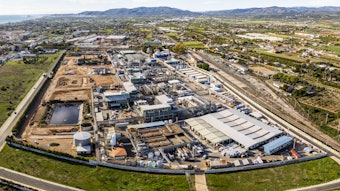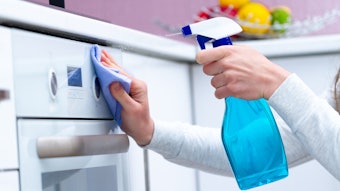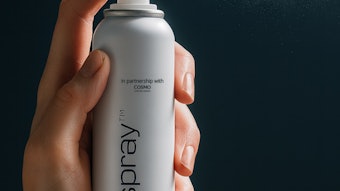Clearly the flavor and fragrance industry is far more complex than REACH’s creators ever imagined, a fact illustrated by companies’ innovative maneuvering under this looming regulatory burden. IFF alone has preregistered all of the eligible—and even some of the non-required—ingredients it manufactures, according to the company’s REACH compliance manager, Joris Theewis. Comprising ~1,000 materials, the company’s portfolio preregistration process—shared with IFF subsidiary Laboratoire Monique Remy—began with Theewis’ appointment in 2004. “Things are moving fast,” he said during his address to Centifolia’s delegates. “Since last year we have added a second full-time person to help me out.” In addition, the company has brought on a full-time REACH toxicologist. The group further liaises with US-based toxicologists and another REACH expert. The periods before and after preregistration require coordination of these personnel with everyone from R&D staff to purchasing. Despite the total number of materials with which IFF deals, only a select number rise above the one ton threshold, meaning that in the future there will be REACH compliant fragrances containing just, for instance, 80% REACH-registered ingredients, with the remainder being more exclusive, low-volume ingredients.
With REACH preregistration coming to a close, Theewis took some time following his address to provide P&F magazine an insider’s view into the next phase of the process: data sharing within consortia.
Well over a year ago, Theewis attended IFF’s first fragrance industry consortia meetings in Brussels. “Our industry has a long history of cooperation,” he said. “Our answer for dealing with [substance information exchange forums (SIEF)] is the consortia.” IFF belongs to 15 consortia (of which two are focused on so-called “natural complex substances”), which seek to ease the REACH process by grouping similar materials and facilitating read-across data. The costs for testing some high-volume substances can cost companies vast sums of money. As a case in point Theewis cited IFF’s REACH testing budget, which is currently several million euros and expected to increase over the years. While the costs are a hindrance, the amount of collected safety data will be unprecedented. “There will be fewer ingredients when REACH is done,” he noted. However, he added, there are opportunities for companies to innovate with low-volume exotic naturals, which do not need to be registered.










